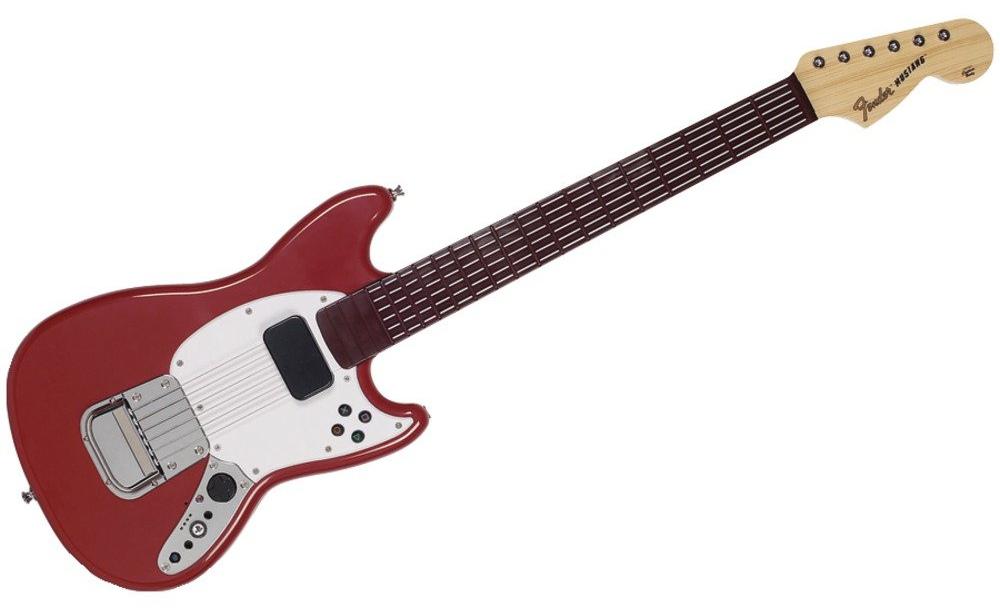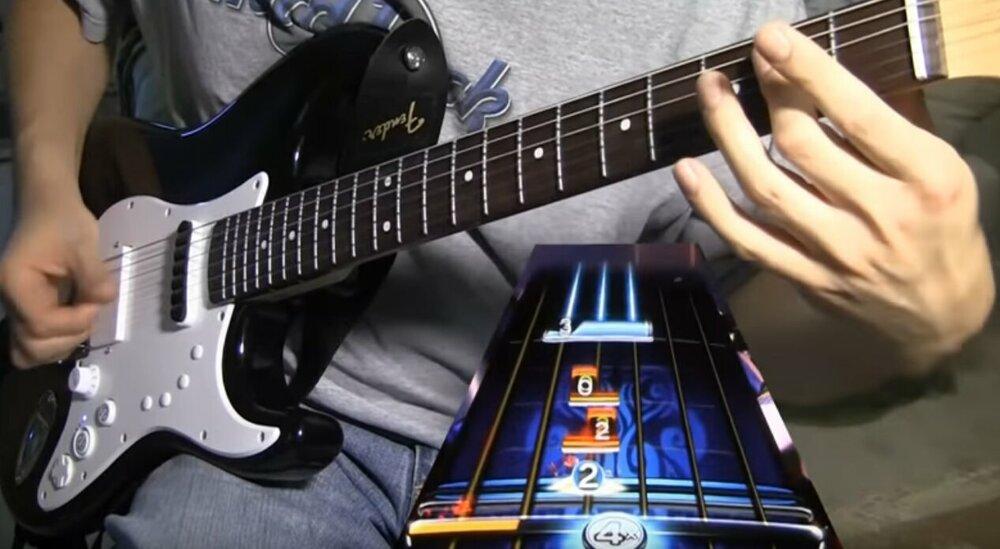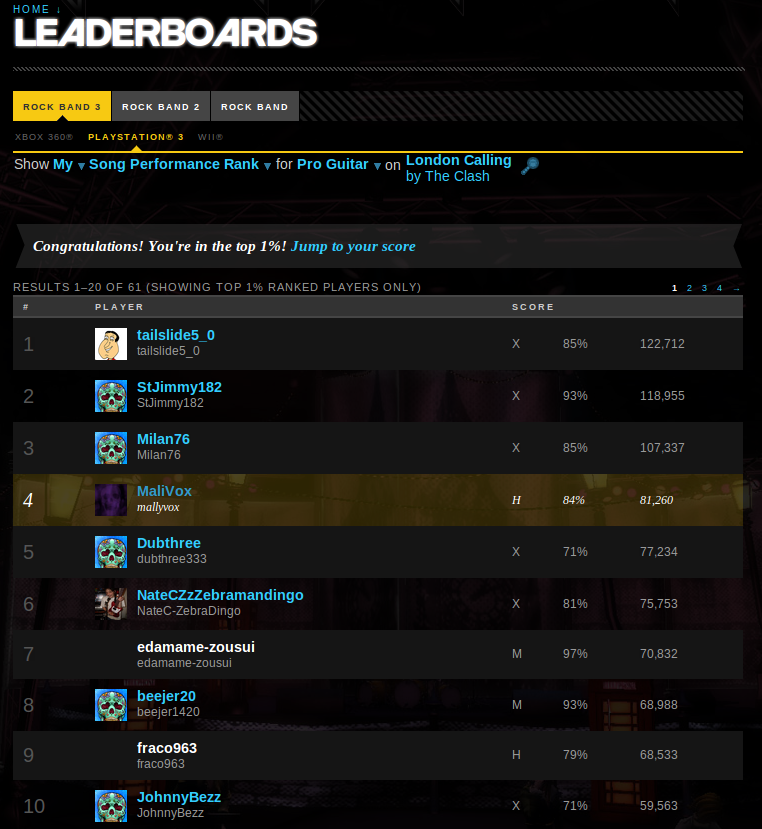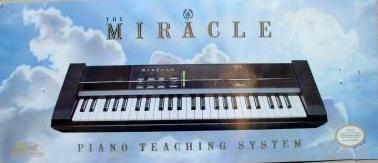The library is sort of open! Yay! Yesterday I read "Guitar Zero:The New Musician And The Science Of Learning" by Gary Marcus.
There is a lot of random musing (e.g. p162). A lot of random name dropping (e.g. also p162). It was like an outline wasn’t written before hand. Or maybe this whole book should have been a magazine article or blog post. Ah, here is a version of this book that is an article — less than 3000 words. That I could recommend to people interested in the topic.
With so many pages to fill, the book does not seem clear in what it is trying to impress upon the reader. For example, from the dust jacket, "Guitar Zero debunks the popular theory of an innate musical instinct while simultaneously challenging the idea that talent is only a myth." So "it’s complicated", eh? I think we all pretty much knew that.
One of my favorite books ever is David Huron’s Sweet Anticipation which is noted in the references and explicitly on p133. But that book was not at all muddled in its thinking. Marcus writes on p137, "If I had to sum up human music for intergalactic travelers in a single concise phrase, it might be, "Repetition, with variation". Which is very close to nonsensical. It’s like he missed Huron’s main point (about expectations being important). If you’re interested in unravelling the mysterious nature of why music is what it is, I would very much still recommend Huron and not this book.
The author says, "Becoming musical has brought balance to my life." (p198) Uh huh. And then he went on to obsess over the topic to the point of writing a book about it. That kind of "balanced" tips over washing machines.
I think the fundamental question that this book promises to explore is, "Can old farts learn new tricks?"
There is stuff like this, "My own reading of the literature is that our memory skills slowly decline from the mid-twenties onward…" (p92) (Note that this is about the level of fancy scholarship in the book - a fancy scholar tells you what he imagines after reading a lot of other fancy scholars.) The issue I have with that particular line of thinking is this — is it correct to say my memory is worse than a younger person who can more easily remember new things that I already know? Since we’re just having feelings about these topics, my feeling on this exact matter, which I do think gets to the heart of the book’s central question, is that one’s memory is like a tank of gas under pressure. You can, in theory, always add more to it, but you better have a strong tank and the pressure will exacerbate any leaks. The major defect of the analogy is that it is actually quite difficult and mysterious to deliberately forget things. If I could purge advertising jingles from the 1970s, I’d be speaking Mandarin tomorrow and I’d certainly be able to memorize all guitar scales handily.
One of the big themes seems to be that "…there’s no evidence that learning late is an absolute deal breaker." (p94) I felt like this pandered to middle-aged guitar wannabes, perhaps what the author himself wants to hear. But this is like saying, cigarette smoking doesn’t kill everybody. The book is coy about giving us the truth about just how bad it really is.
The author signs up for some kind of rock music summer camp for kids and one of the activities is to play in a band with them. The book presents this as a gimmick, to muddle towards answers to its questions. But I instantly realized that this was an especially good idea. As an old man who has played a lot of on-line games with a crew of kids, I can attest to the fact that they are astonishingly good at a lot of things — but not everything. Why am I better than the average middle schooler when it comes to Minecraft industrial engineering? Well, I do have a university degree in it. Etc. Multi-generational activities are a tragically lost art leaving us all poorer.
I was puzzled to read (p100) "…Jimmy Page [didn’t start music] until he was an adolescent…" That didn’t sound quite right to me because I’ve seen Page performing on the BBC at age 13. But who knows - Wikipedia says he was largely self-taught and young Page himself says he is taking lessons. Whatever. The bigger point is that using this kind of anecdotal evidence, one could start to think that musical success is related to skiffle in some weird way.
The book meta-reports, "[A big research study] discovered that nearly half of the variation in how well schoolchildren played musical instruments could be predicted three years in advance, on the basis of talent alone (as measured by musical aptitude tests that examined factors such as tonal and rhythmic imagery.)" (p104) I wondered how many extraordinary creative talents would slip through the cracks if a test was used to (somewhat reasonably) dissuade "bad" musicians from wasting their time. And as an exercise for the reader imagine this as a kind of intelligence test and then consider a person’s other, uh, "demographic" details. (Like those who were not sent to Stalin’s Gulags, I have no opinion and do not ever think about such things. Moving on.)
The book did its best to debunk the very misleading myth that musicianship is generally attractive to mates. I know women who would rather inhale all the fumes from my guitars burning than hear me play one. "People don’t indulge in the arts because it is good for their genes; they do it despite their genes." (p112) True enough.
On page 164 we get to a critical music issue that I think the author has made a major mistake with. "Probably the least important skill among popular musicians is the ability to read sheet music… Many of the world’s musical traditions exist entirely without musical notation…"
Let’s start with the fact that most of the world’s musical traditions have probably existed without written notation. And are probably extinct.
The way I see it, "popular musicians" don’t need to go through the trouble of written music literacy because they are popular. They have natural talent and charisma and from those assets, some resulting success and encouragement. Why bother?
For people like me, talent is mostly present only in a rich fantasy inner monologue. For me to touch a guitar elicits the same scorn as driving a monster truck would. No, this is going to be a much higher mountain for me than for "popular musicians". That extra difficulty is exactly how much more I need to seriously consider developing some music reading skills.
Fortunately, I did just read a book about music and not for the first time. Clearly my talents and passions are not utterly incompatible with literacy technologies.
After convincing himself that he can (lazily IMO) skip reading music, the author lists the four things that really must be coordinated: "…the notes the musician hears, the notes the musician wants to play, the location of those notes on the instrument, and the physical actions… to play the right notes" (p167). But what a massive oversimplification to presume "the notes the musician wants to play"! This is like saying a painter doesn’t need a model, but later acknowledging how important "the lines the painter wants to paint" are. Just because some brilliant painters can imagine something and then produce compelling artwork does not mean that drawing from reference material is not a critical skill for the overwhelming majority of even genius artists and all lesser ones.
I feel like my guitar dexterity is about as good as it’s going to get and it’s serviceable (e.g. I’d be nervous to trade with Black Sabbath guitarist Tommy Iommi who is missing a piece of one of his fingers). My enthusiasm is decent and while my natural talent is not in the top 1%, I do feel like it’s in the top 50% (of humans, not guitar players). But then what? What do I do now to not just strum the same meandering chords that Marcus is proud to have learned? My answer is to start working on the massive catalog of music that was carefully written down so that even dolts like me could have a shot at playing something interesting.
Of course reading music is not easy. Sight reading a prima vista, especially so. And here is where the book disappointed me the most. How should a rank novice go about learning music (reading, playing, theory, the lot)? To me it’s glaringly obvious.
Computers. Computers. Computers. Computers. Computers. Computers. Computers. Computers. Computers. Computers. Computers. Computers.
The author doesn’t quite see the abject tragedy of Guitar Hero. That stunted game taught a generation of people to sight read fake notation and play it on a fake guitar. Sooo close but totally useless. On pages 197-199 he talks about Guitar Hero and Rock Band as if they were similar. They are not. They are only similar in the same way that flapping your arms, and flying a hang glider both crudely approximate what birds do — the latter is profoundly more interesting. While Guitar Hero is painfully pointed at a dead end, Rock Band is a different story altogether. In that "game" the guitar fretboard layout of the "Pro" controllers is quite real. This is what my Rock Band 3 MadCatz Fender Mustang Guitar Controller looks like.

This has essentially all the same notes as a real guitar. Yes, classical guitar snobs proficient since childhood will have no use for this. But for people like me and this book’s author, a piece of hardware like this should be a godsend. As I recall I paid less than $150 for the thing new back in about 2010. Here’s my review of it.
Or how about this actual Fender Squier Pro Rock Band 3 Guitar/Controller - note the gaming buttons on this real guitar.

That was only $280 and a full MIDI guitar — in the words of this reviewer, "a pretty damn good guitar for the money". This video is a good introduction to what was possible with the hardware over ten years ago.
The critical concept here is that with both of these devices, a computer can know what you’re playing. Exactly. And, with infinite patience and accuracy that no human teacher can dream of matching, it can provide perfect objective feedback on exactly what you’re doing wrong.
The tragedy of the Rock Band 3 game is that it taught you to read a fake notation (inset in the previous photo), useless outside of the game.

Even if you got good, as I (aka mallyvox) was clearly prepared to do, it doesn’t translate to reading any other kind of music. What an unbelievable shame! By the way, I also bought the Rocksmith game which has a proprietary MIDI-like adaptor for normal guitars (the reason I built a guitar!). I was hoping it did a better job at teaching real music skills but it had the same problem: a fake charting notation that was even worse than RB3’s.
But the hardware for having computers really help you learn was quite ready for action over a decade ago. This is exactly what people like me and the author of this book really needed.
How am I so certain of this? Back in 1992 I learned to play the piano in a few months — yes, that’s right, from nothing to playing the piano from sheet music. I did this in complete isolation using the Miracle Piano Teaching System.

This amazing system was absolute genius and confirmed what I imagined should be possible even in those ancient times. To get instant, constant, perfect feedback 100% of the time you practice is incredibly powerful. Even my mother who was then in the author’s demographic gave it a try and she agreed that it was deserving of its name — despite living decades in a house with a piano, with this computer-based teaching system, it was a miracle that she could finally begin to play one. My mother and I have forgotten nearly everything about playing the piano, but for a time we were more competent reading grand staff sheet music and playing it on a complex instrument than the author of this book.
If you’re a middle aged "guitar zero", all the equipment you need to painlessly learn how to read the vast corpus of written music is readily available. I have owned all of the necessary hardware for over a decade. What is missing is software.
As much as I personally would rather not be the person who writes this software, I’ve waited long enough and am not seeing much choice. Every few years I see if anyone has a decent system, and so far have seen nothing I like. These are my requirements for such software.
-
Interface with a real 6 string guitar-like device with 15 or more frets.
-
Monitor the playing of displayed sheet music, and provide instant feedback on any errors.
-
An untimed mode where you can take your time just to learn the note placement.
-
A timed mode with a beat (and optional metronome) where playing the right note at the wrong time (e.g. late) is also flagged as an error.
-
-
The ability to set the tempo in timed mode.
-
Allow custom music to be added to the system.
That really does not seem like a lot to ask. I actually did some work on this project earlier in the year. It’s easy to procrastinate though because I keep hoping that someone else will beat me to it and make a sane obvious computerized system that helps teach guitar sight reading. Until that happens I may not be a guitar "zero", but I, like the author of the book, am definitely less than one.